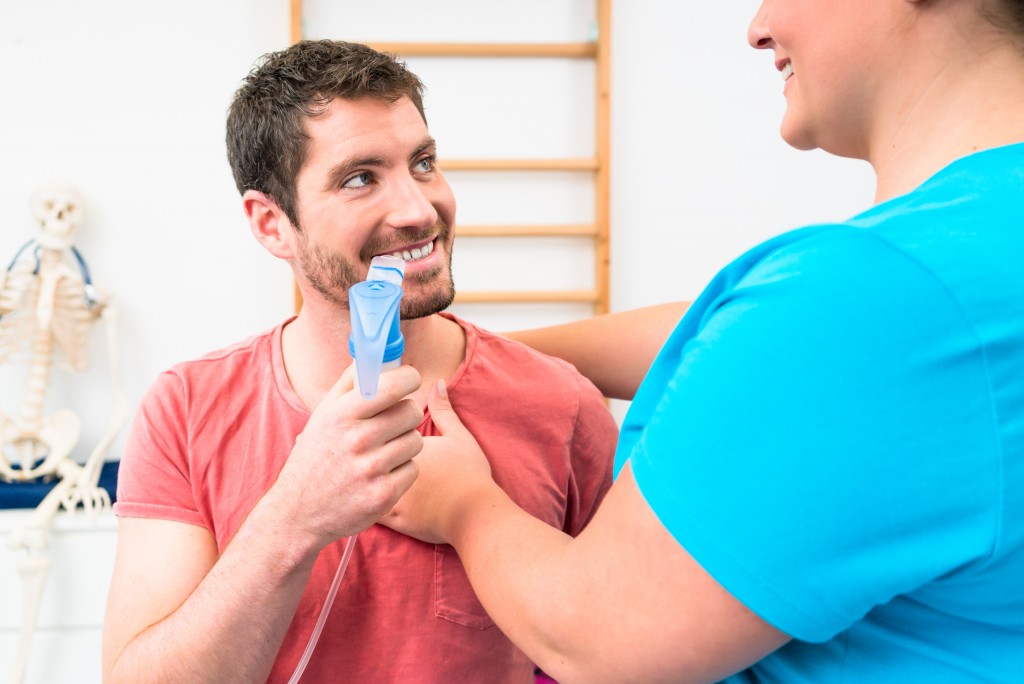One of the biggest things millennials brought to the fore when they started joining the workforce is the need to have a career with purpose. Older generations of workers often talk about the need for work-life balance but it was millennials and Gen Z that started the movement of requiring it from their employers.
Their insistence on finding purposeful work also opened the doors for the rise of the gig economy and alternative careers. One of those careers that are currently gaining traction is that of a health coach.
What Is a Health Coach?
In a nutshell, health coaches are individuals who help their clients achieve their health goals. For example, if someone wants to lose weight or needs to alter their diet due to another health issue, a health coach would be able to guide them on the appropriate measures they would need to take.
Some health coaches become one as a by-product of having a different career, e.g, a personal trainer taking on additional roles or a wellness journalist needing extra income. However, there are others that take on the role full-time and even add on other services. Called holistic health coaches, these individuals are often advocates of healthy living and become more than just “cheerleaders” when their clients need help with their fitness goals. Some hold diplomas in nutrition courses, counselling therapy, and communication courses. They are usually employed by private corporations and educational institutions.
Nutritional Therapy
As a holistic health coach with a background in nutritional therapy, you are expected to know the correlation between food and your client’s fitness goals. However, a nutritional therapist is not usually licensed to prescribe diet plans for clients with underlying health conditions. If your client has been diagnosed with diabetes, a heart ailment, or cancer, their GP would more likely send them to a dietician. Dieticians are closely regulated and licensed by the government and usually work with doctors and medical institutions. With a background in nutritional therapy, the best you do is give them advice and additional supplements to augment the diet prescribed for them.
Counselling Therapy
More often than not, holistic health coaches encounter clients who believe their problem in living healthily lies in the food they consume, but end up discovering that some past trauma or relationship is the one to blame. This often leads to coaches taking on the role of therapist, instead of just a food adviser.
If you take a certification course in counselling, you would do well in handling such clients. If you have a background in psychology and want to focus on holistic health coaching, then you would be even more perfect. It’s no secret that people’s relationship with food is often rooted in how we are brought up, how we react to stress, and how traumatised we are in our past relationships. Having empathy to relate to such clients would put you ahead of the competition.
Communication Skills

You have the technical training (nutritional and counselling therapy) but do you have what it takes to communicate with your client? Communication skills are often considered soft skills, along with time management, empathy, and listening skills.
Why is this important in holistic health coaching? At the end of the day, it is your client who will do all the hard work. Eventually, it is their discipline and drive that would lead them to succeed in their fitness goals. If you have mastered the art of communication, you would be in the best position to guide them on their journey by relaying to them, in terms they understand, the technical aspect of your job.
